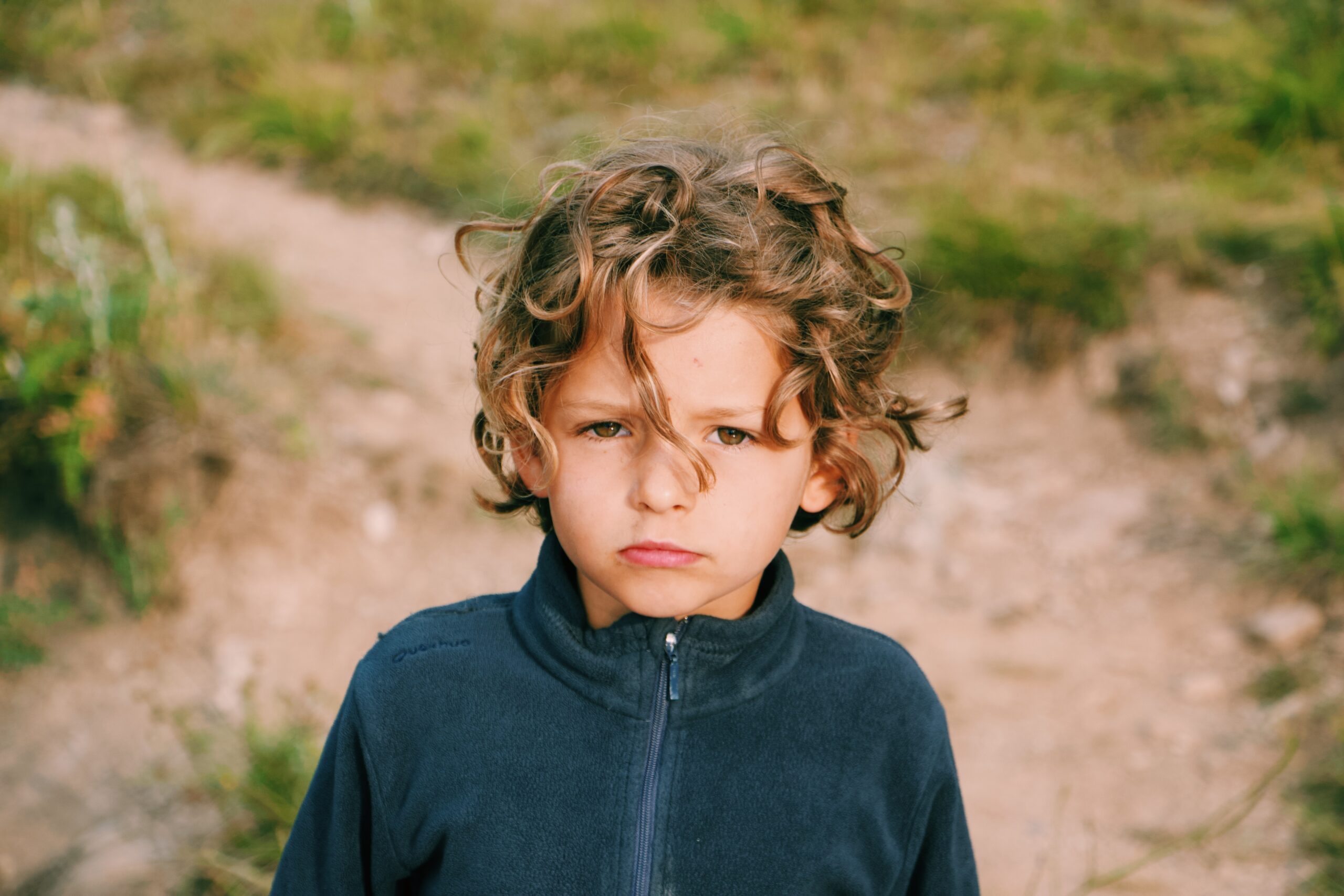Wherever our nervous systems are, theirs will follow. We will co-regulate or co-dysregulate.
When we meet their big feelings with frustration or anger, it doubles the already unbearable emotional temperature of the room and drives the brain into bigger distress (fight or flight).
They will either catch the emotional heat and go bigger (fight), or escape it by shutting down (flight).
Our job is to bring the temperature down by meeting their distress with an anchor presence -steady, attached, grounded.
The problem with traditional ‘discipline’.
Traditional discipline (time-out, punishment, shouty voices, shame) uses emotional or physical separation as a way to bring children back to calm. But here’s the rub: Children can’t come back to calm on their own. It also squanders an opportunity for us to build their capacity to self-regulate in healthy ways.
These strategies might look like they work, but we have to not confuse a quiet child for a calm child.
From co-regulation to self-regulation.
It takes lots of time and experience to build the neural pathways that will support self-regulation. Those pathways build through co-regulation. This provides children with the actual experience of coming back to calm safely, without having to shut their feelings down or put themselves away.
When we leave them to come back to calm on their own, we’re leaving them to do the work that adults are best placed to do. We might not be able to do this all the time – we’re human too – and that’s okay, but it’s important we do it whenever we can.
Every time a child goes into distress, their young brain is calling to the adult in the room to lead it back to calm. It’s as though the brain is saying, ‘Can you show me how to do this regulation thing. I’ll need to practice lots with you before I can do it on my own.’
Big feelings are not an interruption (though it can certainly feel that way!) and they absolutely not a bad child or bad parenting. Big feelings are the training ground for self-regulation, and co-regulation IS the work that will build this.



I needed this. My son is 3 (possibly on the spectrum, eval happening soon ) and is starting to throw tantrums. I lost my cool today and yelled. I felt so bad afterwards but I was tired, and frustrated and felt very flustered. I completely disregarded the fact that he’s still a baby.
It’s okay – you’re human! We all do this sometimes. What’s important is the repair, the reconnection, and owning what happened without making it about him.♥️
What about when most of the disregulation happens because the 9 yr old doesn’t get his desires met?
This is very normal. This counts as ‘missing out on something important’. It’s his job to hit the boundaries to discover where the edges are. It’s ours to hold the boundaries lovingly and gently. You’ll find a number of articles here on how to do this.
This is very normal. It’s their job to hit the boundaries to discover where the edges are. It’s our job as parents and carers to hold those boundaries lovingly, and help them back to calm through co-regulation. You’ll find many articles on this site to guide you through how.